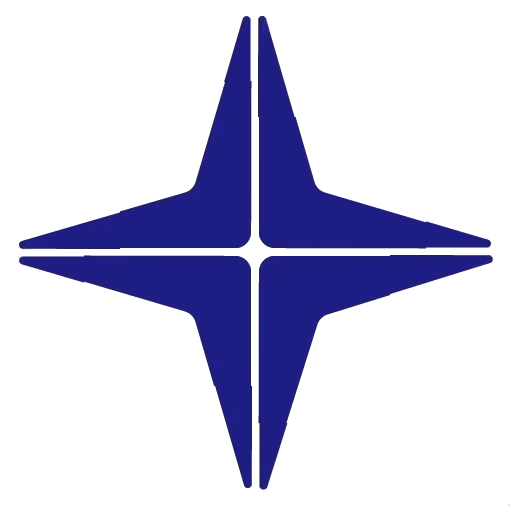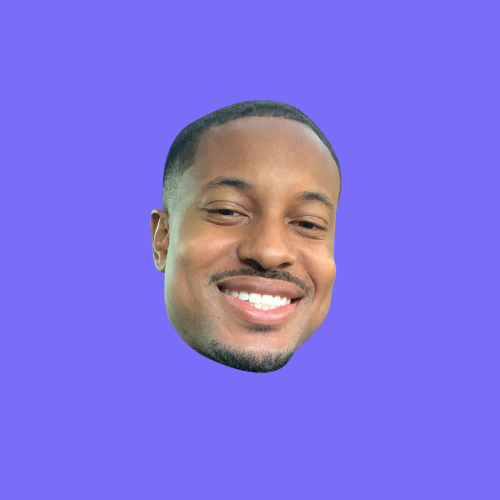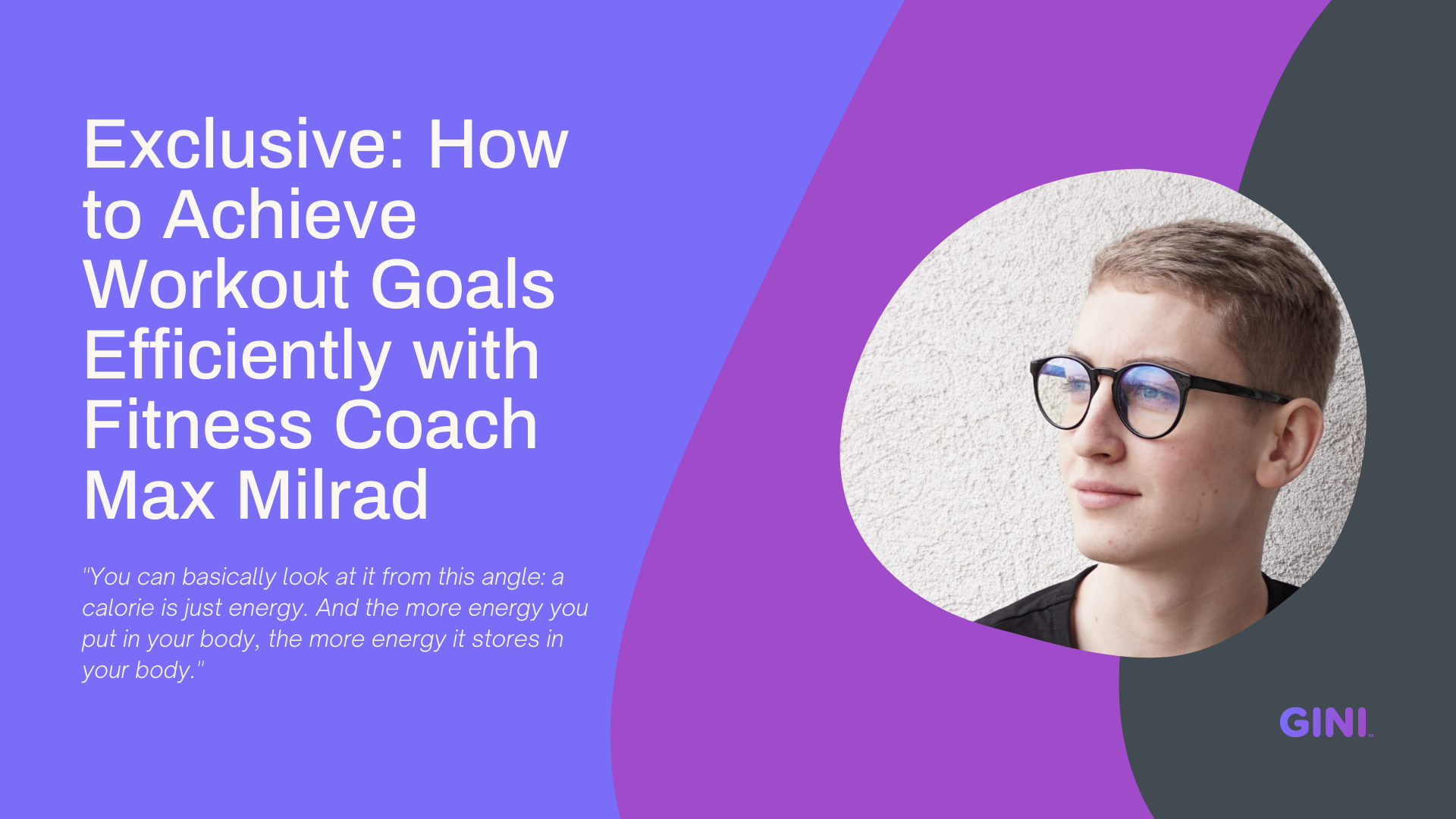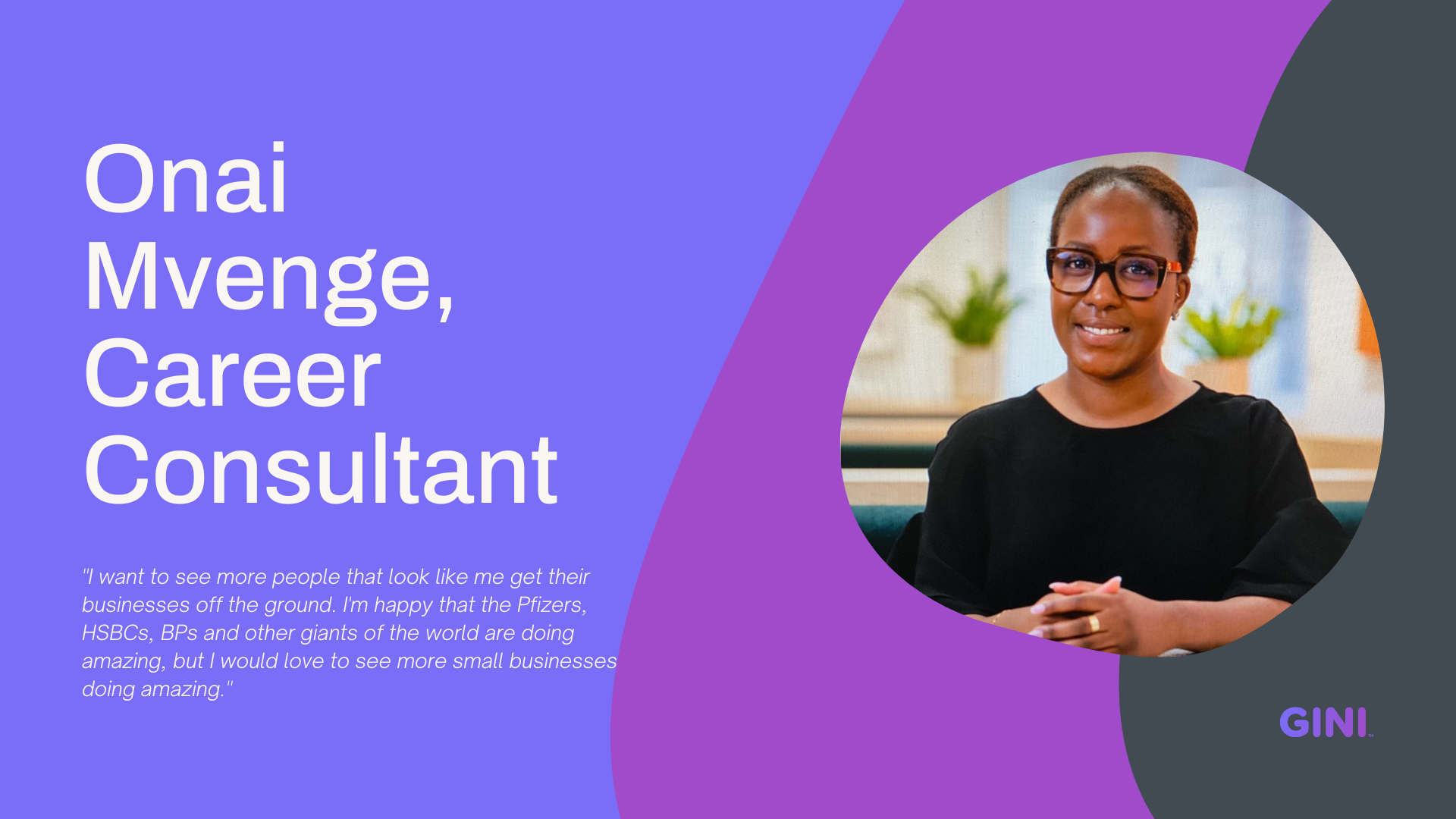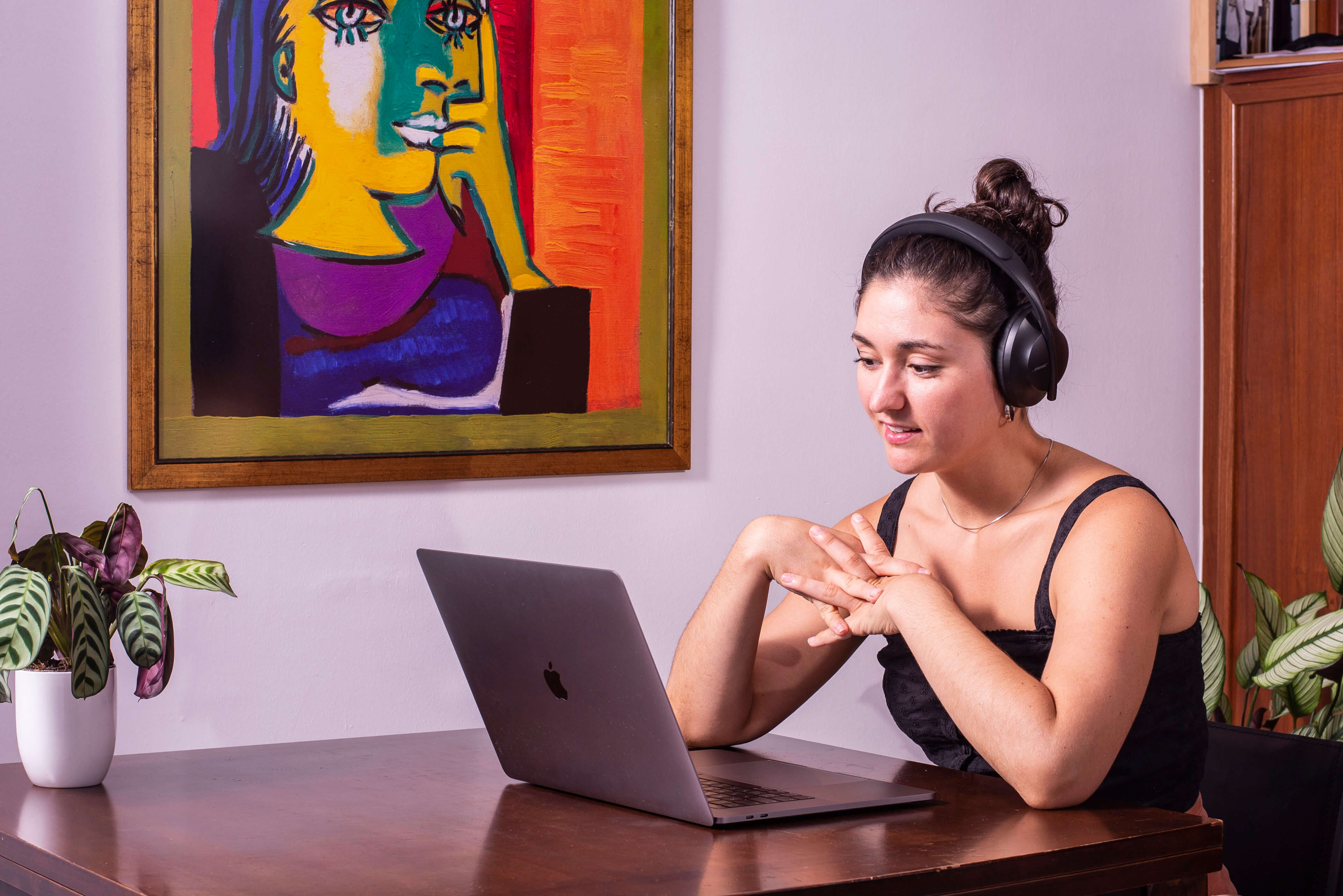A fitness coach is a professional who helps individuals or groups to improve their physical health and fitness through exercise, nutrition, and lifestyle modifications. Fitness coaches use their expertise and knowledge to develop personalized fitness plans that meet the specific needs and goals of their clients, whether it's weight loss, building muscle, or increasing endurance. They may work in various settings, such as fitness centers, gyms, or private studios, and provide one-on-one or group coaching sessions. Fitness coaches also monitor their clients' progress, provide feedback and motivation, and adjust their training plans accordingly.
GINI had a candid conversation with self-taught fitness coach Max Milrad on what works for his clients.
Josh: Thank you for taking the time to speak with me today. Let's jump right into it. I want to start off with a discussion about what made you initially want to actually get into this profession.
Max: I started with the gym just like any other beginner, and I was struggling. And after my journey came to where it is now, I've seen a lot of my friends struggling to get into fitness because they don't really know how to start it; a lot of family members too. So I would go to them each and just say, Hey, do you need some help? And they would say, yeah, of course. And all of the mistakes I made during my fitness journey, so they don't have to make the same mistakes I did, like getting into bad injuries, cheating on your diet, not knowing what to do in the gym, and being overwhelmed by different things. So that's what really made me start helping my friends and getting them into fitness as well because it really is a blessing to have a good and fit body.
Josh: It really is. You mentioned something very crucial. Because you already have experienced different challenges, you've learned to overcome those challenges. Now others don't have to. This is so vital when it comes to choosing a coach. So my second question then is, how do you approach working with clients? For example, do they have a specific fitness goal or nutritional goal? Can you talk a little bit about that?
Max: Yeah, of course. Most of the clients I've had so far are between the ages of 25 to 40. And I've had clients, way over 50, come in and tell me about their fitness goals; they’ve been overwhelmed by working too much, and they want a healthy lifestyle. It's hard for them to fit into that fitness lifestyle because they're occupied by work and everything else in life. These are basic questions I always ask my clients. How old are you? The stats – what's your height? What's your weight? What's your fitness goal? What would you like to achieve with this coaching program?
Josh: Okay. So are you working with a particular client or do these clients come from all types of backgrounds?
Max: I just had a client a few days ago that came from India, and he told me everything that I needed to know about his nutrition and allergies he had, which foods he didn't like, what kind of exercises he didn't like, because he was new to the gym. I made him a detailed plan of how to actually execute those exercises and do them correctly. He was delighted with the results, and he's going strong. He's in his first week now.
Josh: Nice. So you're basically providing a fitness plan for your users. Are you communicating with them daily?
Max: Yeah. I have daily check-ins; that's all included. Accountability is a huge part of my offer. So the clients don't really have to wiggle their way through the journey all by themselves. It makes everything accountable to keep them in check.
Josh: Accountability is super important. Would you say it’s one of the top three most important things when it comes to a successful fitness journey?
Max: Definitely, because I, myself, noticed it when I was starting. I had no one to keep me accountable, and I had no one to tell me, yeah, keep going; you'll see results if you stick to it and push through it. And that's the first issue I encountered on my fitness journey. The first issue was I didn't really know what to do, and the second one was I felt like quitting when really, the journey was starting. So having someone to keep you accountable is significant.
Josh: Yeah. I think that's something that people fail to realize.
Max: People think often they have the skills or the mental capacity to keep themselves accountable, but really they need someone to push them to the limits and to really tell them, Hey, you’ve got to keep pushing through. And most people don't have that. I, myself, didn't. Pushing through the hard times and keeping yourself accountable that's really hard so a second person is definitely helpful.
Josh: Did you have a fitness trainer or accountability coach or partner?
Max: I had my big brother. He was getting me into the whole fitness lifestyle. But ultimately, it came down to me having to go to the gym every day and keeping myself accountable, which was really hard for me. And I also failed a little bit, so I went on and off the gym. So that also struck my progress. I could have made some better progress if I had someone that kept me accountable the whole time and I didn't cheat on my diets and stuff like that.
Josh: Yeah. Don't be so hard on yourself. So do you go to the gym every day?
Max: Not every day. I have two rest days off during the week. So I train five days a week, which is, like for most people, two to three days in the gym, getting some really good workouts and some quality reps, some quality sets, is more than enough. You don't have to go off-board with it and go seven days a week with no rest days because you need to recover. But I would say five days a week is my current training split.
Josh: Awesome. And how important is nutrition? How does nutrition play into fitness coaching?
Max: Yeah. Well, you always hear the saying, abs are made in the kitchen, and I can say that's totally true. Fitness is just a tiny part of the equation. You have to eat healthily and know the foods that you're putting in your body so that you can achieve the maximum results you actually want. So training, I would say is like 30% of the equation. Then eating is just the rest. Sleeping also plays a very important role, but nutrition is definitely a very big part.
Josh: Wow. You mentioned sleep. So people, let's say, professionals who are up late or like to party a lot, are you saying that they are almost shooting themselves in the foot when they don't get enough rest?
Max: Yeah. Because muscles are built, and muscles are broken down in the gym, of course, but how do you actually get those muscle fibers to grow back stronger? That's the ground principle of muscle building and sleep. Your muscles are regenerating, and your body's building and getting stronger in your sleep. So the better quality sleep you have, or the more you sleep, the better your results are going to look.
Josh: Okay. And so, what are the benefits of having good nutrition and a good fitness routine?
Max: You mentioned routine there. Having a good diet and nutrition is really important because once you actually get into the whole space of figuring out your diet and actually eating the foods that are healthy and you like – most people do some extreme diets where they eat smoothies and stuff, and they hate it, and that's why most people fail. And so, having a well-balanced diet that you enjoy is extremely important so that you don't even want to cheat because you like your diet so much, and it is actually good for you and your progress. Yeah, so that you don't want to cheat.
Josh: So it becomes sort of a lifestyle change. You're saying that, essentially, you begin to love who you're becoming.
Max: Making those small changes is really what matters.
Josh: What types of small changes?
Max: Stuff like, you can start by eating your normal daily foods, but just less of it. Even that small change is so detrimental that you wouldn't even realize it because the basic principle of losing weight and gaining weight is calories in, calories out. That's the basics of thermal physics, and that's how your body works essentially. And so cutting out those extra few calories from your diet and doing that over the three to four meals you have a day, that might be like 400 calories a day that you're putting off, so you can actually lose weight or gain weight, whatever your goal is.
Josh: Interesting. So you mentioned thermo-physics; what are the principles? What is the science behind caloric intake and caloric output?
Max: You can basically look at it from this angle: a calorie is just energy. And the more energy you put in your body, the more energy it stores in your body. When you do some sports, or you do any activity, or even when you're sitting or sleeping, your body is constantly burning calories because of your brain. It has to function on energy, your stomach, your intestine system, everything. Everything burns calories. And the more you do sports or fitness, the faster the process becomes; the more calories you burn. And that's basically how your body works. If you eat a certain amount of calories, let's say 2000 calories a day, this is about the average of a normal human male, and you burn more than that, then your body is losing weight because it can’t store those calories anywhere. And, if you eat 2000 calories and burn 2,200 calories, you’re 200 calories in the minus. So that energy needs to be inserted from anywhere. That is mostly from your fat storage. It doesn't happen overnight, but if you keep up that routine, you've got to lose some fat. And the same process applies to gaining weight.
Josh: Wow. Very interesting. That is where I'm at in my fitness journey right now. I'm trying to master the whole caloric deficit and surplus. And I think many people are a bit unclear in terms of what they need to eat or how much they need to eat. So on average, people who are, let's say, overweight or struggling with their weight are eating too much throughout the day? Or is it the snacking? Is it the rice?
Max: Some people may think you have to try this keto diet and cut out carbs. No, everything is calories. Everything is energy. And it doesn't matter what kind of diet, you can have a vegan diet and only a vegetable diet, and you can still gain weight if you eat enough of those things, eat enough energy, calories, in that terms. So it really depends on the individual themselves. If you're an overweight person who eats lots of junk food, and of course, junk food is not healthy, then maybe that's a small life lifestyle change – cutting out one meal from fast food and replacing it with a healthy one is a very good change because it reduces the calories, because healthy food generally has fewer calories than fatty and greasy fast food. But it basically all comes down to calories. So you could eat fast food every day, but not as much as you’re used to, and you could lose weight. So it depends on the person's lifestyle if that makes sense.
Josh: That definitely makes sense. I want to shift gears a little bit. What would you say makes a good coach?
Max: That's a good question. I think having a sense of connection with your clients is important. So not just in a business sense, but also on a personal level because you've got to work with your clients for long amounts of time. It's not just a one-day conversation, and that's it. You have to keep your client accountable. And that's also, I would say, a very important aspect that makes a good coach. So being open with your clients, being not so harsh with your client. It's expected that they've got to fall off at some point and maybe make some mistakes, but that's totally fine. It's all a part of the journey – and not bashing your client .because everyone makes those mistakes. So having a good sense of connection and accountability. These two things, I would say, are the main things every fitness coach should practice. And there are some other things, like daily check-ins, which also come down to accountability.
Josh: Wow. Okay. Very interesting. So what are the principles of your coaching practice? What would you say when you think of what you represent to your clients?
Max: I would say openness because a lot of coaches throw the program in, and then they're gone. They don't answer any questions, and if they do, it's like, oh yeah, do this and do your own research, blah, blah, blah. That doesn't get the client anywhere. So actually, if the client has questions, actually answer them in detail so that they actually understand them. Picking out a workout and nutrition plan personalized for the individual client, so not just copying something from Google and just throwing it out to the client and just hoping that it works. No, actually taking your time and asking the client what their needs are, goals, and what they would like to achieve with this service. And just basically giving everything the client wants in a personalized manner.
Josh: Fascinating. Wow. So would you say that most of the clients that you're working with have seen some change? And that they feel comfortable enough speaking with you as their accountability partner.
Max: Yeah. A lot of friends, and I got them into the gym. I had one friend who, basically, when I first met him, I think he was like 74 kilos. He's a bit younger than me.
Josh: Okay. That's about 163 pounds.
Max: Yeah. And he's now down to like 65, I think. Yeah, 65 was his last check-in.
Josh: Wow. Nice. Well, this is some good information. So just a couple more questions. So when it comes to physical coaching, do you implement some mental coaching in your practice as well? How are people sticking through and following through on their goals?
Max: I'm telling my clients that they have to understand that it's going to be hard, and it's not got to be easy. Of course, if you want to lose weight, it's a long process, it's a tedious process, but a coach can definitely make it easier. So I'm saying don't give up at all because even if you step foot into the gym, those are steps done. Those small minute details – you're in the gym, you showed up at least, even if you do one set and you say, I can't anymore, coach, I'm sorry, I can't – that's totally fine, you did something for today. And also I think the most important thing, don't be too harsh on your clients, but also tell them it's not going to be easy. And most of them understand that.
Josh: That is, over time, yeah. I think it's important for people to take those baby steps because those baby steps go in the right direction, and you can take bigger steps when you are comfortable with baby steps. I think a lot of people are really going to enjoy this interview.
Like what you read? Receive your own customizable fitness coaching services with Max through GINI.
GINI: Get Expert Advice On The App Store
Additionally, cover the rest of your life advice needs with various other GINI providers through the app's AI-targeted conversation chat feature to discover even more hidden GINI value.
Explore your life's various outlets by downloading the GINI Advice Platform App on the App Store or Google Play Store. Video & text-based advice chat selection options.
The GINI Group, 2023.
GINI: Get Expert Advice On The Google Play Store
Have a similar story? Sign-up to become a GINI provider
Provider Signup - Login Page The GINI Group, 2023
